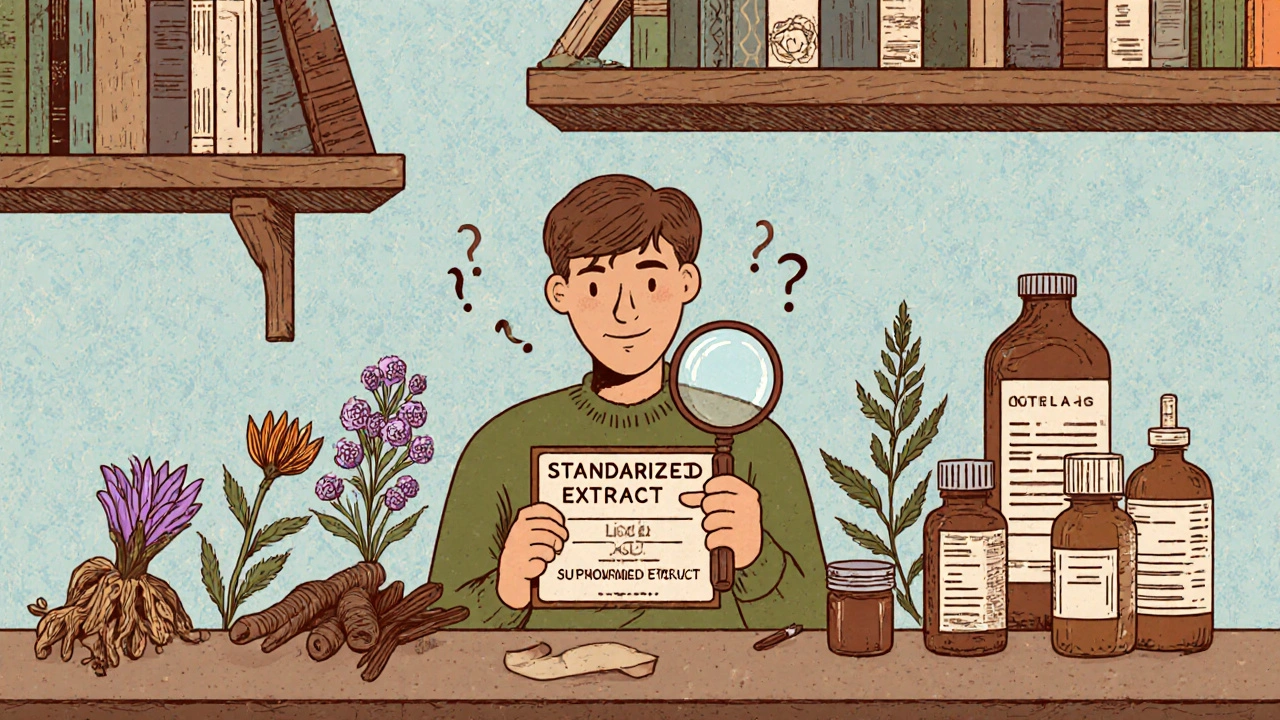Herbal Interactions: What You Need to Know
When navigating herbal interactions, the ways plant‑based compounds can affect prescription drugs, over‑the‑counter medicines, and other supplements. Also known as herb‑drug synergy, it matters for anyone taking medication or a dietary supplement.
Understanding herbal supplements, concentrated extracts such as ginkgo, St. John’s wort, or garlic oil is a key part of managing drug interactions, the physiological changes that happen when two substances are combined. The active phytochemicals in these supplements can boost, block, or even reverse the action of a prescription, which is why clinicians treat herbal supplements as full‑blown medications in many cases.
Why herbal interactions matter
One often overlooked side of the story is allergic reactions, immune responses triggered by proteins or pollen residues in plants. A person might tolerate a herb in food but react to its concentrated form, leading to skin rashes, breathing trouble, or gastrointestinal upset. Those reactions can compound medication side effects, turning a mild headache into a severe migraine when a non‑steroidal anti‑inflammatory drug meets a hidden allergen.
In the broader picture, alternative medicine, practices that use natural products, mind‑body techniques, and energy work often relies on the same herbs that cause interactions. Practitioners who recommend a calming chamomile tea for anxiety must also be aware that chamomile can enhance the effect of blood‑thinners. This link between alternative approaches and conventional pharmacology creates a web of connections that patients need to untangle before combining treatments.
Managing these connections isn’t a guess‑work exercise. It requires a clear inventory of everything you take—prescriptions, over‑the‑counter pills, vitamins, and even teas. Talk to your pharmacist about any herb you use; many pharmacies now have databases that flag high‑risk combos. Keep a note of the dosage, timing, and brand, because two products with the same name can have wildly different concentrations.
All of this sets the stage for the collection below. You’ll find guides that compare specific drugs with common herbs, step‑by‑step tips for switching pharmacies safely, and practical advice on spotting allergy triggers. Armed with that knowledge, you’ll be ready to handle herbal interactions confidently and keep your health plan running smoothly.

Evidence-Based Natural Remedies and Supplements for Managing Side Effects
A practical, evidence‑based guide on natural remedies for medication side effects, covering safety, interactions, and how to choose reliable supplements.
Read More




